BAFTA Sessions: Film directors discuss their Outstanding Debut nominations
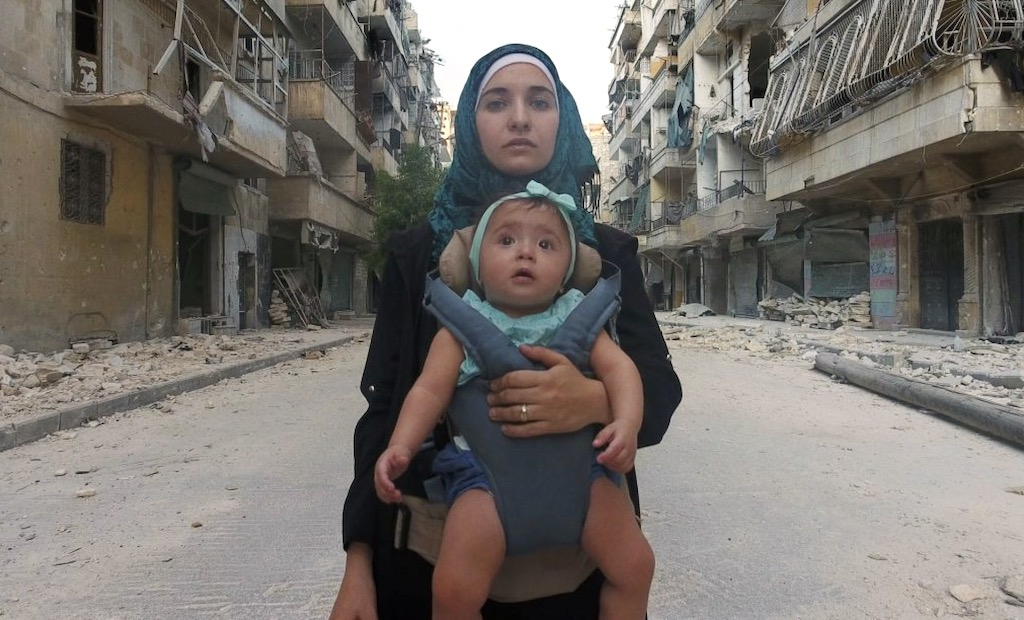
The 2020 BAFTAs are in full swing and the films nominated for Outstanding Debut are Bait (director Mark Jenkin), For Sama (co-directors Waad al-Kateab and Edward Watts), Maiden (director Alex Holmes), Only You (director Harry Wootliff) and Retablo (director Álvaro Delgado-Aparicio). The directors and producers for these films gathered for a panel discussion at the Savoy Hotel in London on Saturday.
Mark Jenkin’s 2018 debut, Bait, was hand-crafted on 16mm black and white film. It captures life in a small Cornish fishing village, where the community is learning to cope with the ever-changing world around them. Uniquely, instead of recording sound on location, it was created in the studio – producing an effect that was later applauded as “slightly disjointed” and adding an authentic air of vintage cinema. To this, Jenkin jests – “Really? That was my best work.” But it’s evident that audience response is low on this director’s priority list, as it was only when viewers started describing the film as “artisanal”, “so green” and “scratched” – all thoughts that Jenkin confesses not to have had himself – did he actually consider the people who would see his work for the first time.
Only You is the story of Elena (Laia Costa) and Jake (Josh O’Connor, God’s Own Country) – a couple who meet after arguing over a taxi on New Years’ Eve. Writer and director Harry Wootliff, describes the process of bringing these two together as “matchmaking”. Due to Costa’s commitments elsewhere, Wootliff says she was forced to discover a new-found love: unconventional rehearsals that often took place over the phone. These meant that the film came together as a potent combination between “the accidental and the constructed”.
Shame and the weight of upholding one’s parents’ legacy are the themes of Álvaro Delgado-Aparicio’s Peruvian film Retablo. It is composed entirely in the native language of Quechua, which neither the director nor the producers spoke, but the actors did. This was a development that only occurred after casting, as it enabled the actors to embody the characters in their truest form. For Delgado-Aparicio, film is not just about creating images but repairing them. The 14-year old protagonist exemplifies this, handling his idealisation of his parents not quite matching up to the reality of their character.
For co-director and producer Edward Watts of For Sama (also nominated for Best Documentary), the most important part of telling someone else’s story (especially one as traumatic as Waad al-Kateab’s year living underground in war-torn Aleppo) is to make sure they are one hundred per cent involved in the process. After all, the struggle and battle for safety fought by Al-Kateab and her husband were all for their daughter Sama, so the film would be for Sama too. Watts says this is also the reason that the film focuses on the essence of the daily struggle in Syria, rather than the politicisation of the war.
Alex Holmes found common ground with For Sama’s director, as he recalled his process when directing Maiden – a feature documentary based on the first all-female crew on the 1989 Whitbread Round the World Race. The foundation of his commitment to authenticity came from recognising the misogynistic onslaughts these women were subjected to – both outward and disguised, as they undertook the gruelling yacht race. Comparing their experiences to what his own daughters might face one day, Holmes said he endeavours to make sure that his daughters know they can do anything.
Grace Walsh

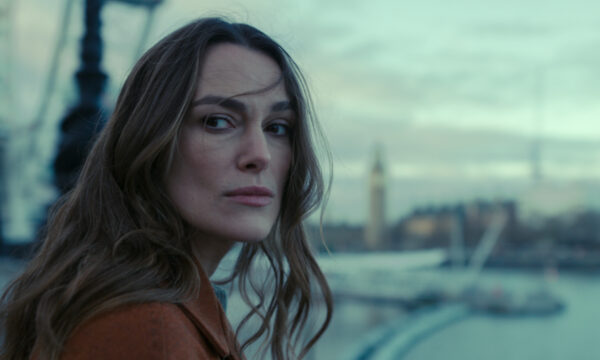
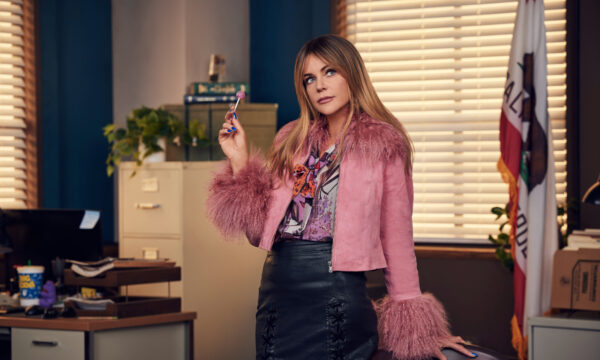
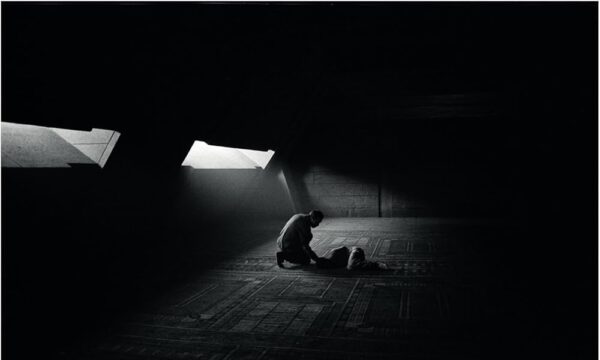
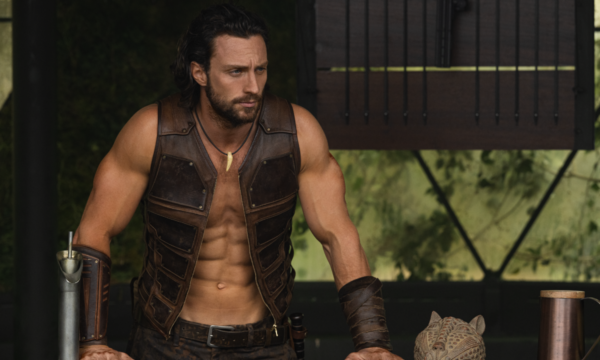
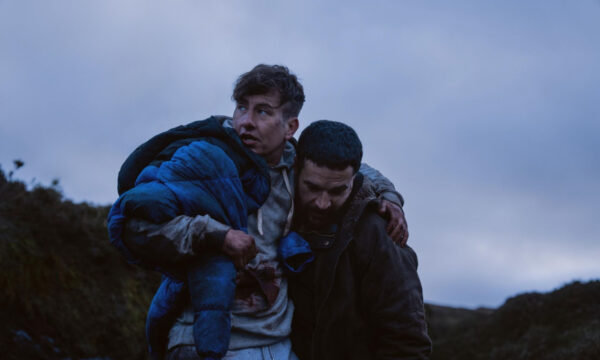

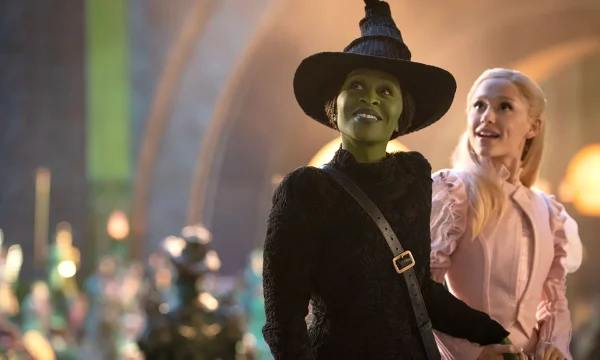
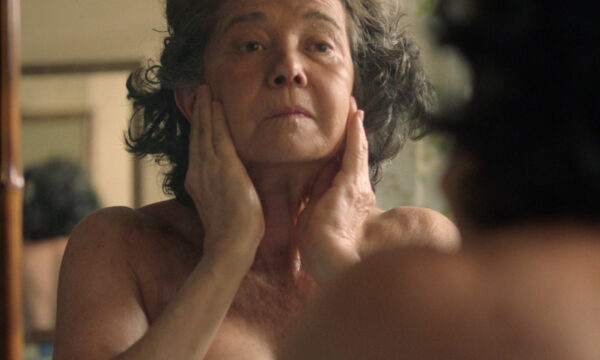
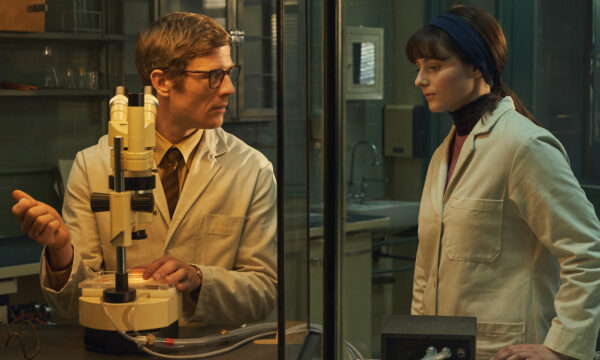









Facebook
Twitter
Instagram
YouTube
RSS